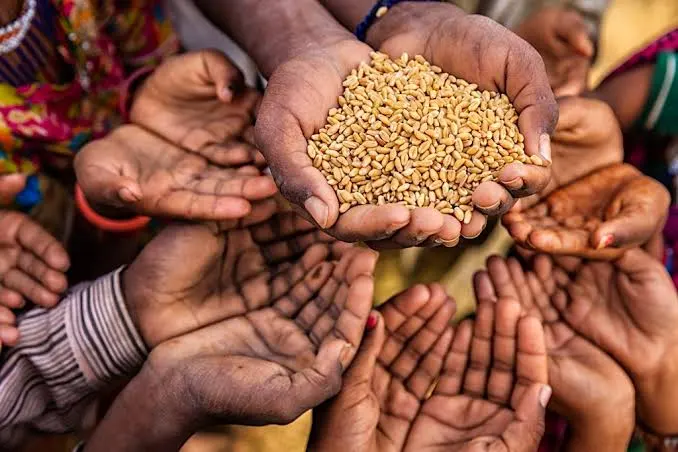The deplorable attitude towards accountability with public funds has been pervasive in Nigeria for decades, and it seems to be getting worse.
The tendency for public officials to use the commonwealth as if they are doing Nigerians a favor has gone on so long that it seems to have become the norm.
However, this attitude, which smacks of high corrupt inclination, has gotten worse in recent times. What’s worse is that the sector where such a brazen display of unaccountability with public funds is made is in poverty alleviation and the provision of stipends for the poorest of the poor.
Nigerians are witnesses to embarrassing scenarios playing out in the Humanitarian ministry. Since the establishment of that ministry and even before it became one, the welfare scheme has been an easy access to pilfering public funds in the name of catering to the poor.
Using all sorts of reasons, including the verification of registers for the poor with N3 Billion to spending millions on feeding school children during the COVID-19 lockdown.
Little wonder that these welfare schemes have remained major planks of recent administrations, despite the uproar and complaints about the untidy way they are done on the one hand and the seeming promotion of beggarly orientation above the need to encourage human capital development and productivity.
Another area where a display of unaccountability is witnessed has been the issuance of financial bailouts by the federal government to states.
This practice, which became popular during the immediate past administration, saw all sorts of bailout tags supposedly targeted at saving states from insolvency and ultimately helping to improve the welfare of Nigerians.
This fund was besides the statutory shared revenue among the tiers of government.
For instance, in 2015, the federal government gave out a bailout package of N338 billion to state governments to help them pay salaries and offset other debts. In 2016, another tranche of N90 billion was given to the states as budget support.
Besides the bailout funds, the government also implemented other measures to help the states, such as the Paris Club refund, which was a refund of over-deductions from states’ accounts for the repayment of the Paris Club debt.
It’s worth noting that these bailout funds and refunds were provided to state governments as a one-time solution to their financial challenges.
There was also the COVID-19 bailout to support states during the COVID-19 pandemic to help them respond to the economic impact of the scourge.
Regrettably, how the state governors utilized those funds left a lot to be desired.
Pointedly, the uproar over the bags of rice donated by President Bola Tinubu as palliatives to the various constituencies through federal lawmakers is yet to die down.
Evidently, the new conduit pipe for reckless management of public funds appears to be initiatives meant to address the social welfare of the poor. Although it is sad enough that allegations of looting and malfeasance had been prevalent in government procurement and infrastructure sectors, it is most regrettable that the daring attitude to loot what was designed to cater for the poorest of the poor is becoming mainstream.
As it stands, it would seem like the poverty alleviation scheme is now an organized scheme to enable political office holders to steal the commonwealth.
It is a good thing that the anti-graft agencies, especially the Economic and Financial Crimes Commission (EFCC), have begun investigations over some of these matters. We expect that a full-blown probe and prosecution should be done even though the concern of political interference is real.
Of course, it has been argued repeatedly that in the absence of strong deterrent measures by way of conclusive investigations that lead to prosecution and jail term of suspects no matter how highly placed or politically connected they are, the long and tiresome fight against corruption will remain unfair.
Also, until and unless proper preventive measures are applied to stop stealing of public funds, the current reactive approach to the anti-graft war will leave the stealer always one step ahead.
The last administration had stopped a practice that helped somewhat in ensuring transparency, especially with regards to the disbursement of funds.
The Ministry of Finance before 2015 had a regular practice of publishing the disbursement of federal allocations to states.
Although many would argue that such might not have stopped the mismanagement of funds by governors, making public what accrues to states helps in building a system of transparency and accountability.
We believe this practice should be returned in the interest of transparency, which is a critical element in ensuring accountability.











